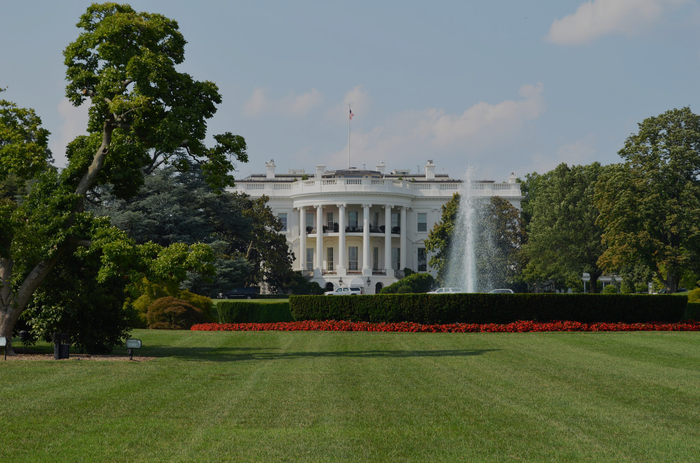What Must Be Done This Year

Help People Rebound and Advance
At this time, when an ever-increasing number of families are facing financial uncertainty, federal policymakers need to focus on the unique needs of the American people. To ensure that individuals across the country rebound and advance, federal programs must prioritize high-quality education and training opportunities while also providing other assistance—income supports, food assistance, safe housing, and child care—that make it possible for people to take part in skill development programs and make successful and lasting transitions to employment.
The five pandemic relief packages passed in 2020 did include some stopgap provisions to help people overcome the barriers they face. Measures included an expansion of benefits under the Supplemental Nutrition Assistance Program (SNAP), an increase in unemployment insurance, income assistance for individuals earning up to $75,000 a year (with lower levels of aid for those who earn more than that), and increased resources for families in need of child care.
While supports like those can play a critical role in enabling people to survive crises, the policies that make them possible can deliver longer-term benefits by encouraging equitable outcomes in the labor market. Federal policymakers should build on this momentum and devise new policies that will transform practice for years to come. They should provide supports that help people overcome barriers that discourage participation in education and training programs, and they should eliminate conflicting eligibility and performance requirements by issuing an interagency directive to increase coordination across federal policy initiatives. These changes would create stronger financial and social supports that seamlessly integrate education, workforce development, and human and social services that lead to greater individual success and advancement.






